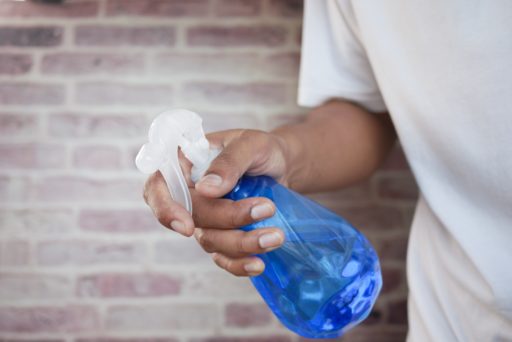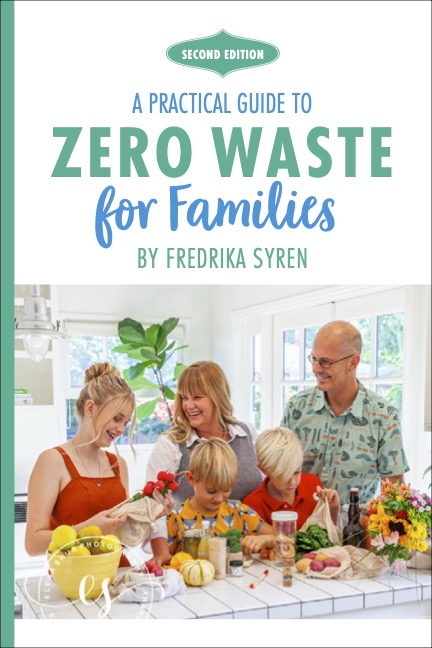Fruity, floral, musky, and fresh…to many people, the word “fragrance” means something that smells pleasant, such as perfume. We don’t often stop to think that scents are chemicals. Fragrance chemicals are organic compounds that volatilize, or vaporize into the air, which is why we can smell them. They are added to products to provide a scent or to mask the odor of other ingredients. The volatile organic chemicals (VOCs) emitted by fragranced products can contribute to poor indoor air quality (IAQ) and are associated with a variety of adverse health effects.

There are about 4,000 chemicals used to make scented products, and just one single scent can contain from 50-300 harmful chemicals. These chemicals are known to cause hormone disruptions, cancer, liver and lung problems, asthma, and allergic reactions. To make matter worse, burning a fragranced candle, wearing perfume, using hair spray, or cleaning with household cleaners containing artificial scents also harm other people because it travels through the air.

So how do we go about to avoid chemicals in scents?
Read the labels—You want to avoid all products with the ingredient “fragrance” on the label. This includes perfumes and colognes, baby lotions and wipes, air fresheners and candles, dryer sheets and detergents, and so on. Even if a product is labeled “fragrance free,” it may still contain fragrance ingredients as a masking agent to cover unpleasant chemical smells.
You can also look up the hazard level of a products on EWG’s Skin Deep database.









